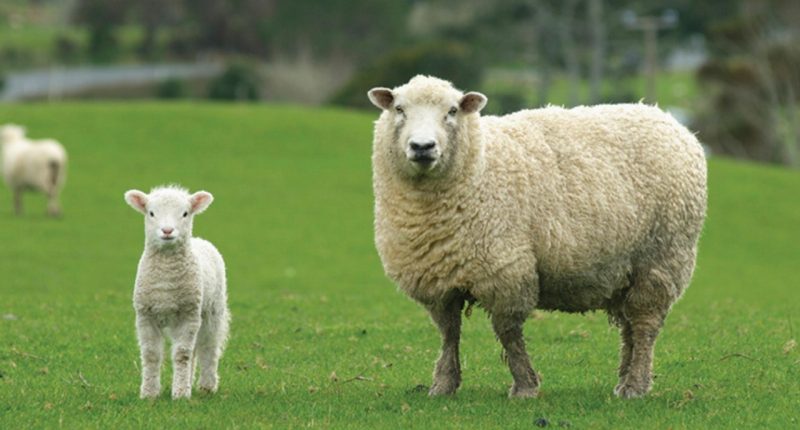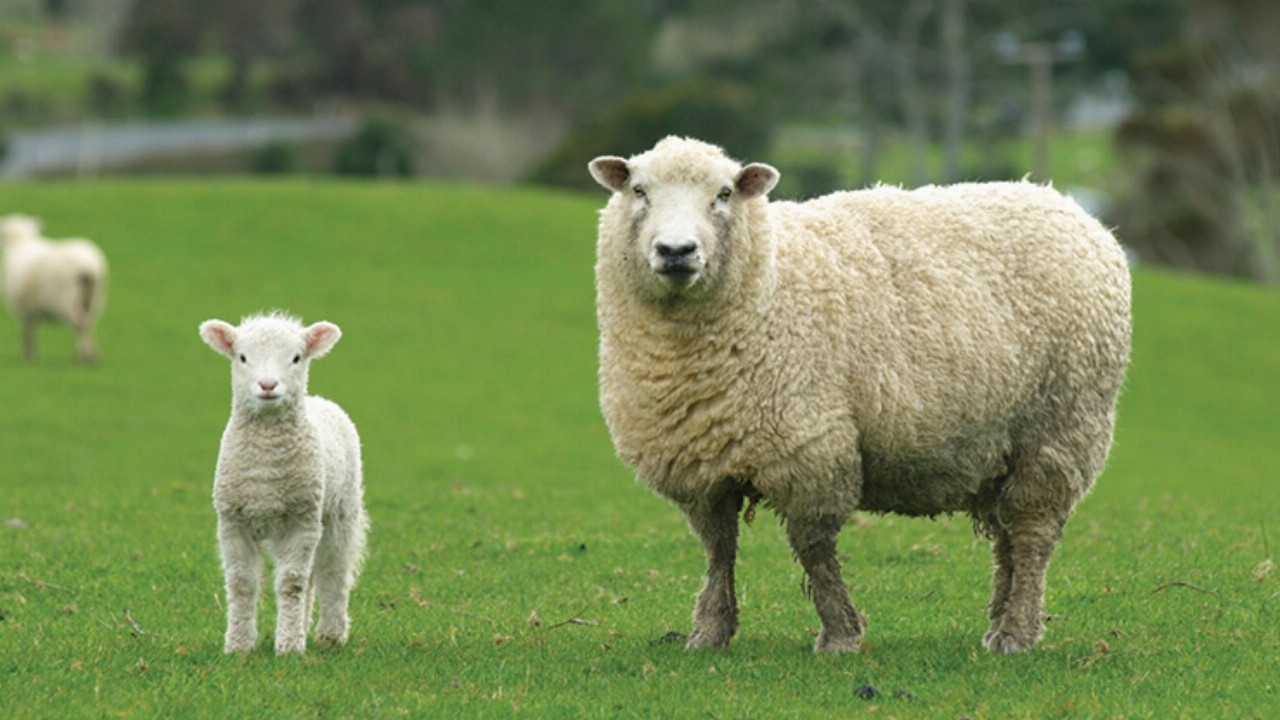- Several Australian lamb producers have had their products blocked from entering China as tensions between the two countries escalate
- Beijing is refusing to accept the lamb as part of a new push to blame the COVID-19 pandemic on imported cold meat
- Along with lamb, an Australian beef producer has also had its products suspended by China’s customs department
- Additionally, timber exports from South Australia and Tasmania have been banned from entering China
- In response to the latest bans, the Australian Trade Minister has accused China of breaching its trade agreements
Lamb and timber are the latest Australia exports being blocked from entering China, as tensions between the two countries continue to escalate.
Baaarred
Beijing is refusing to accept at least two Australian producer’s lamb after they reported COVID-19 outbreaks during the height of Melbourne’s second wave.
The ban is linked to China’s latest unsubstantiated theory that the virus may have originated from frozen meat being imported into the country.
In an article which was published in the state-run newspaper, the Global Times, China argued the virus may have begun from imported frozen meat such as Australian steak.
Since the theory came to light, China has blocked entry for the two Victorian lamb producers, despite both of them being cleared of COVID-19 back in August.
Fresh bans
Along with lamb, an Australian beef producer has also had its products suspended by China’s customs department.
The Meramist Abattoir said customs blocked their products from entering the country on Tuesday, making them the sixth meatworks to be be suspended.
Additionally, timber exporters from South Australia and Tasmania have also reported that their products have been banned from entering China.
These products join a growing list of exports affected by trade tension between Australia and China, with wine, barley, coal and seafood also being blocked.
Agreements breached
As a result of the growing blockade, Australia’s Trade Minister has accused Beijing of undermining its signed trade agreements.
In a speech to Parliament, Simon Birmingham said China could be in breach of World Trade Organisation regulations, as well as the China-Australia Free Trade Agreement.
“The targeted nature of Chinese government measures on Australian goods raises concerns about China’s adherence to the letter and spirit of its ChAFTA and WTO obligations,” the Minister said.
He also accused Beijing of failing to participate in discussions to try and resolve the escalating trade tension, which is a key rule of the WTO.
“After a reasonable start in bilateral engagement, in recent years the Chinese government’s lack of engagement has prevented use of these structures,” Minister Birmingham added.
Sour relations
Relations between China and Australia have soured considerably over the last year amid disagreements over Huawei, the South China Sea and human rights issues.
More recently, the two countries have been fighting over Prime Minister Scott Morrison’s call for an inquiry into China’s role in the pandemic, as Wuhan is widely considered the epicentre for the virus.







